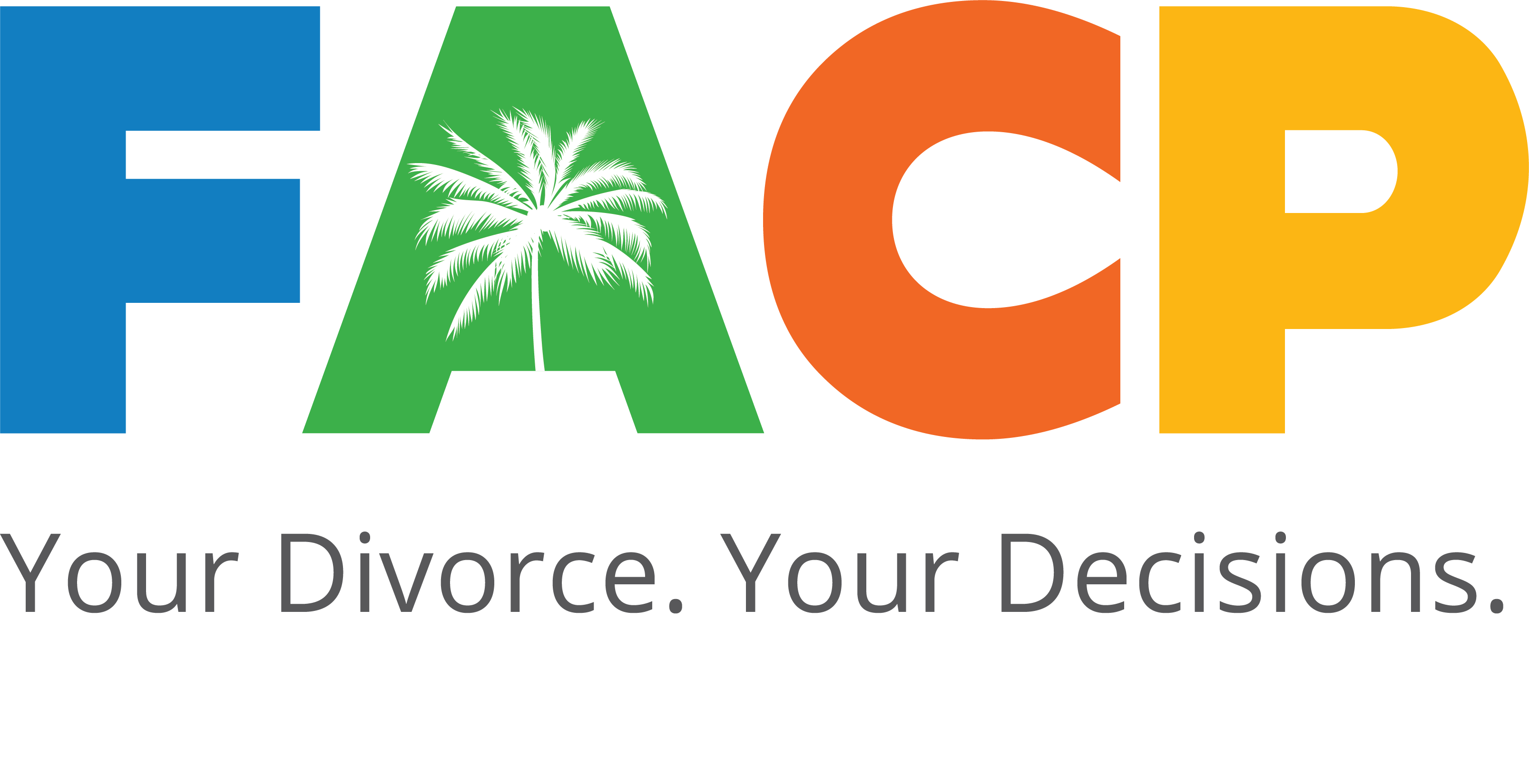
As a new registered mental health counseling intern and registered marriage and family therapy intern, working with people when they are most vulnerable is an everyday occurrence. But working with individuals or couples going through divorce is not.
Most couples (and sometimes individuals) come to me when problems start creeping into their relationships. Some make a last-ditch effort to say they did everything they could before moving forward towards divorce. Regardless of their circumstances, if they decide to divorce, it’s highly unlikely they’ll return for continued therapy.
Collaborative Divorce: Mental Health Professionals Can Make the Divorce Journey Less Rocky

As I’ve had the opportunity to learn more about the Collaborative law process, I’ve gained insight into how a mental health professional can continue supporting a couple’s journey, even if that will end in divorce, and help make their journey smoother.
Before I learned about Collaborative Divorce, I had no idea there is a drastically better way to facilitate the divorce process for couples. The traditional divorce process I’d seen couples around me choose was disheartening and ambition-driven. It was full of greed, animosity, and hostility. Traditional divorces often took years to complete.
Then this outsider entered the Collaborative world. That’s when I realized there’s a healthier, kinder, and faster way for us mental health professionals to facilitate the divorce process. Couples who choose Collaborative Divorce don’t experience the abuse and trauma so many people experience in traditional divorce, in litigation, and even in mediation.
The Core Professional Team

The first thing that struck me was the structure of the Collaborative process. The core Collaborative team comprises each partner’s attorney, a financial neutral, and a mental health neutral. Depending on the needs of the couple and family, they may ask other allied professionals with special expertise to join the core team. But knowing the team has 4 core professionals – 2 of whom are neutral – is groundbreaking.
One aspect of the traditional divorce process always so volatile is how much each party pushes to get what they want, taking positions often with little regard for what the outcome will be for the “losing” party. In Collaborative, in contrast, there’s no losing party. The couple is divorcing, but the core professional team is looking out for their family’s and each spouse’s best interests. This focus alone is so valuable in protecting the integrity of the individuals who make up the family going through this painful change.
Creative, Flexible, Tailored Solutions

Another impactful aspect of the Collaborative process is the freedom and flexibility to come up with creative solutions tailored to each couple and family’s problems, disagreements, and unique needs. Throughout the Collaborative training I attended, we would watch mock Collaborative sessions. As the outsider looking in, it was easy to believe there was no compromise possible based on the scenarios brought up.
To my surprise, there was always a solution, even if it took more simmering to reach an agreement that worked for everyone. It was astonishing to see how one moment a partner could seem so stubborn and unwilling to change their demand yet, with respect, kindness, and consideration, the couple and collaborative team could find a compromise.
An Alluring New Role: Neutral Mental Health Facilitator

During my collaborative training, this outsider to the Collaborative world observed a collaborative mental health professional perform a role very different from what we are trained to do in counseling. By acting as a Collaborative mental health neutral, I felt pulled into this alluring new role and skill.
I saw formal mental health training at play in validating the collaborating each partner’s feelings, expressing empathy, and normalizing the humanity within these experiences, without turning the Collaborative process into a counseling session. On a Collaborative team, I saw the mental health neutral not only serves both partners but also supports the attorneys in understanding their own reactions and behaviors when roadblocks arise. Further, the neutral facilitator helps keep the process safe and smooth, so the couple and their professional team can function effectively, creatively, and flexibly.
No Longer Just an Observer: Changing the Narrative and Expanding the Capacity to Serve
Overall, the Collaborative process powerfully changes the narrative of divorce. This narrative can help families shift their perception from destroying their family to constructing a new shared sense of togetherness when the partners are no longer married. The Collaborative process gives divorcing couples the keys to unlock benefits they didn’t even believe they could attain. Protecting family integrity. Finding creative compromises in the toughest situations. Starting a new journey with their family moving forward forever changed, but not destroyed.

As a mental health professional slowly moving in from the outside and learning about the world of Collaborative, and expanding my capacity to serve people, I can imagine no better way to help them with divorce. The less mystifying and more mainstream the Collaborative process can become, the less trauma families must suffer. Less trauma can translate into better adjustment into new family dynamics and a healthier, respectful, positive outlook on a restructured family after divorce, while preserving the core family unit.
The invitation is open! Come on in. Experience the Collaborative world.






